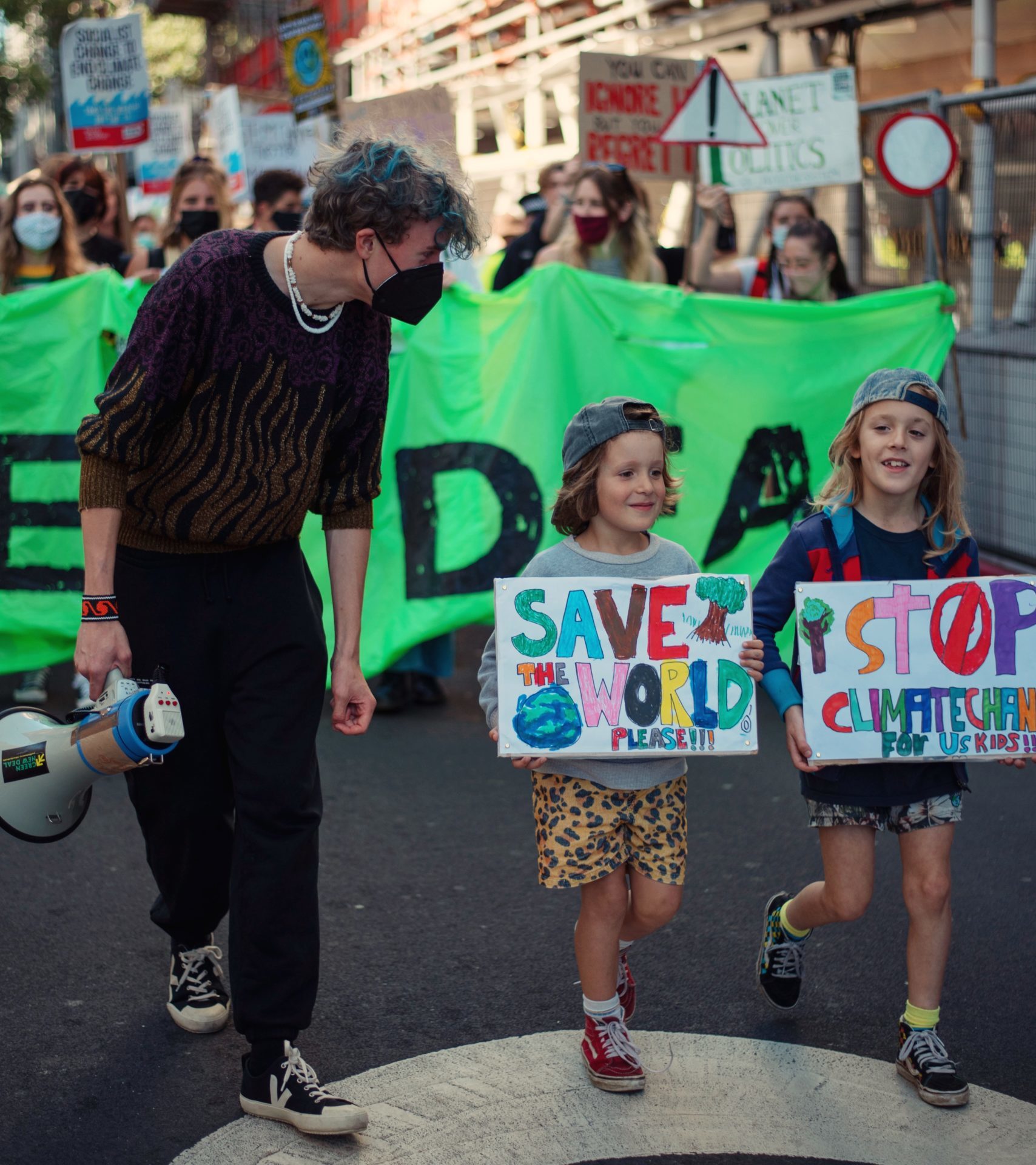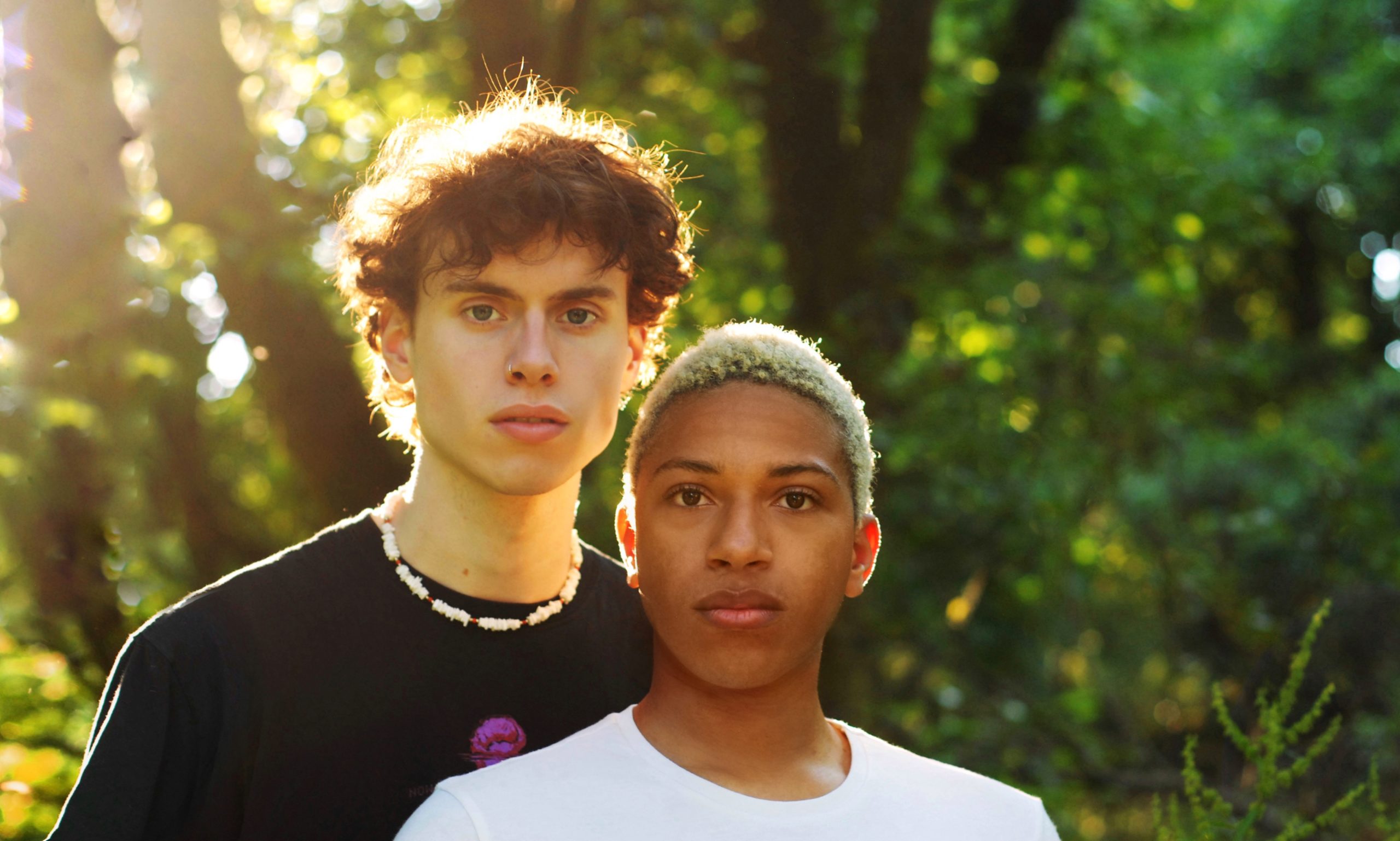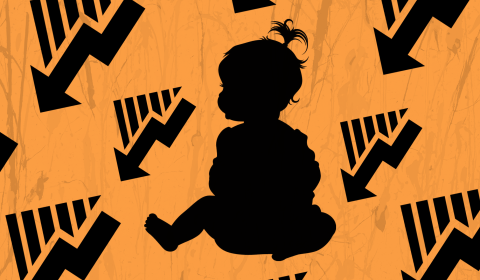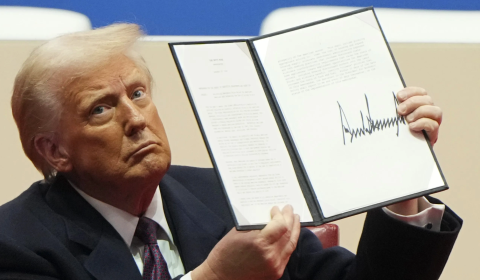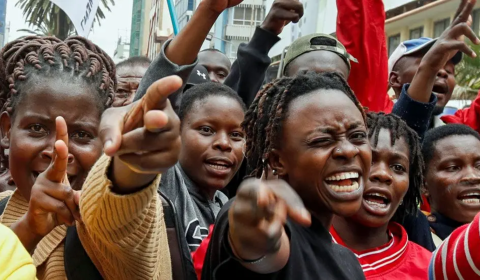The Gen Zers have dedicated their lives to mobilising young people into action. I spoke with them about the many facets of taking a stand against social and environmental injustice.
When it comes to the unified fight against our current climate crisis, Jerome Foster and Elijah McKenzie-Jackson are a power couple if ever there was one.
Jerome, whose upbringing in the US acted as the catalyst for his involvement with centring marginalised voices in spaces pushing for social and environmental justice, is a White House advisor – the youngest ever.
Elijah, whose activism stems from a lifelong commitment to advocating animal rights and draws upon his passionate creativity, is a campaign coordinator for Fridays for Future International and a member of XR Youth, the UK-based independent wing of Extinction Rebellion.
Together, they co-founded Waic Up, a ‘news to impact’ non-profit working alongside communities to make a difference while simultaneously spreading awareness of civic causes through journalism and art.
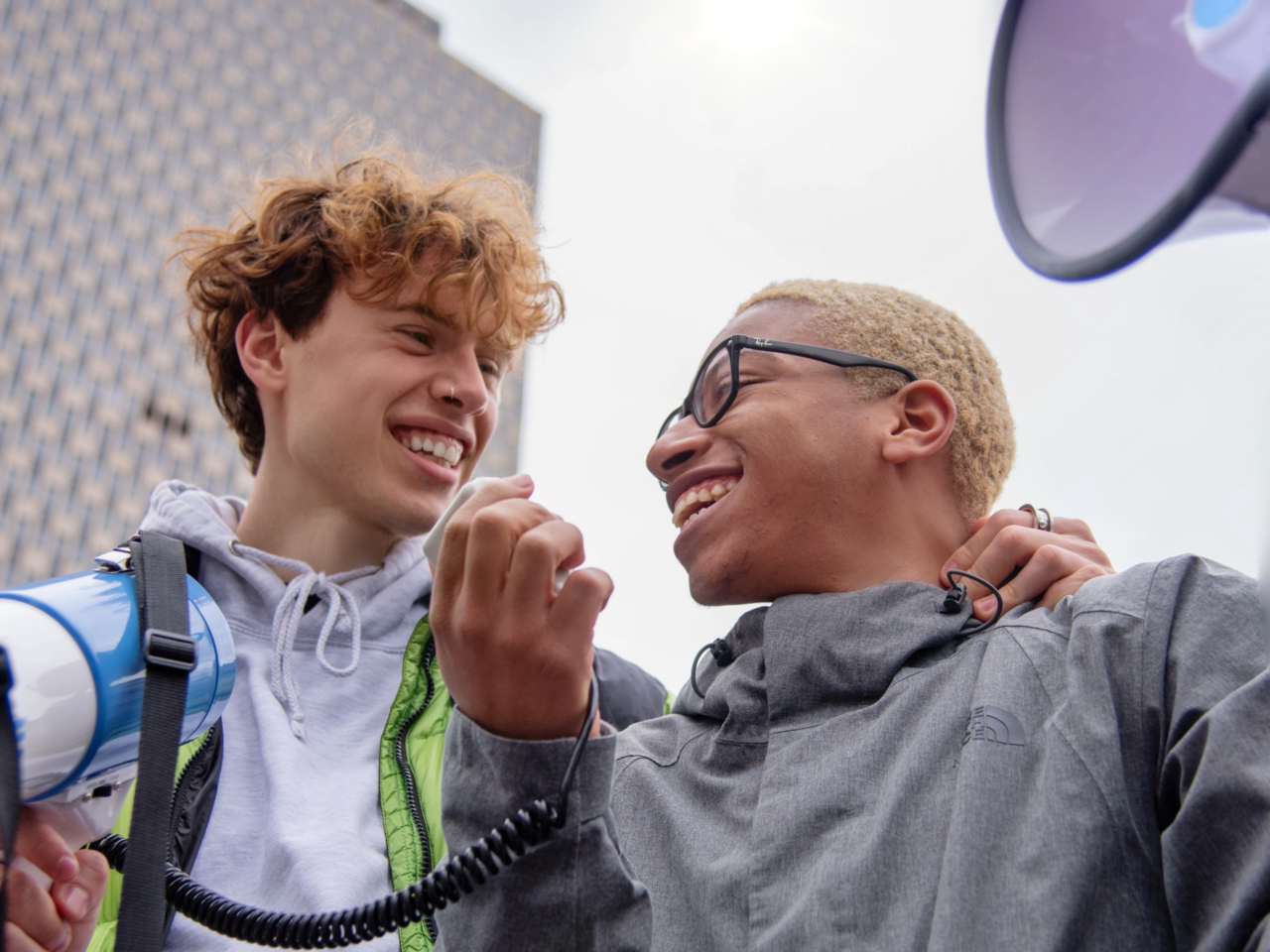
Both are firm believers that mobilising today’s youth into action with intersectional conversations is of the utmost importance if we are to find equitable solutions to bringing our increasingly suffering planet back from the brink.
Above all else, however, is their collective goal to ensure that humanity is at the heart of the ongoing movement to safeguard the Earth’s future.
That the people who are first and foremost impacted by the repercussions of ecological breakdown are front and centre in the impetus to bring about meaningful change that will ultimately benefit us all.
Yet in the age of compassion fatigue – whereby the ceaseless flow of news recounting the appalling events taking place across the globe every day is leaving many of us desensitised – achieving this is proving to be no easy feat. Not without empathy, that is.
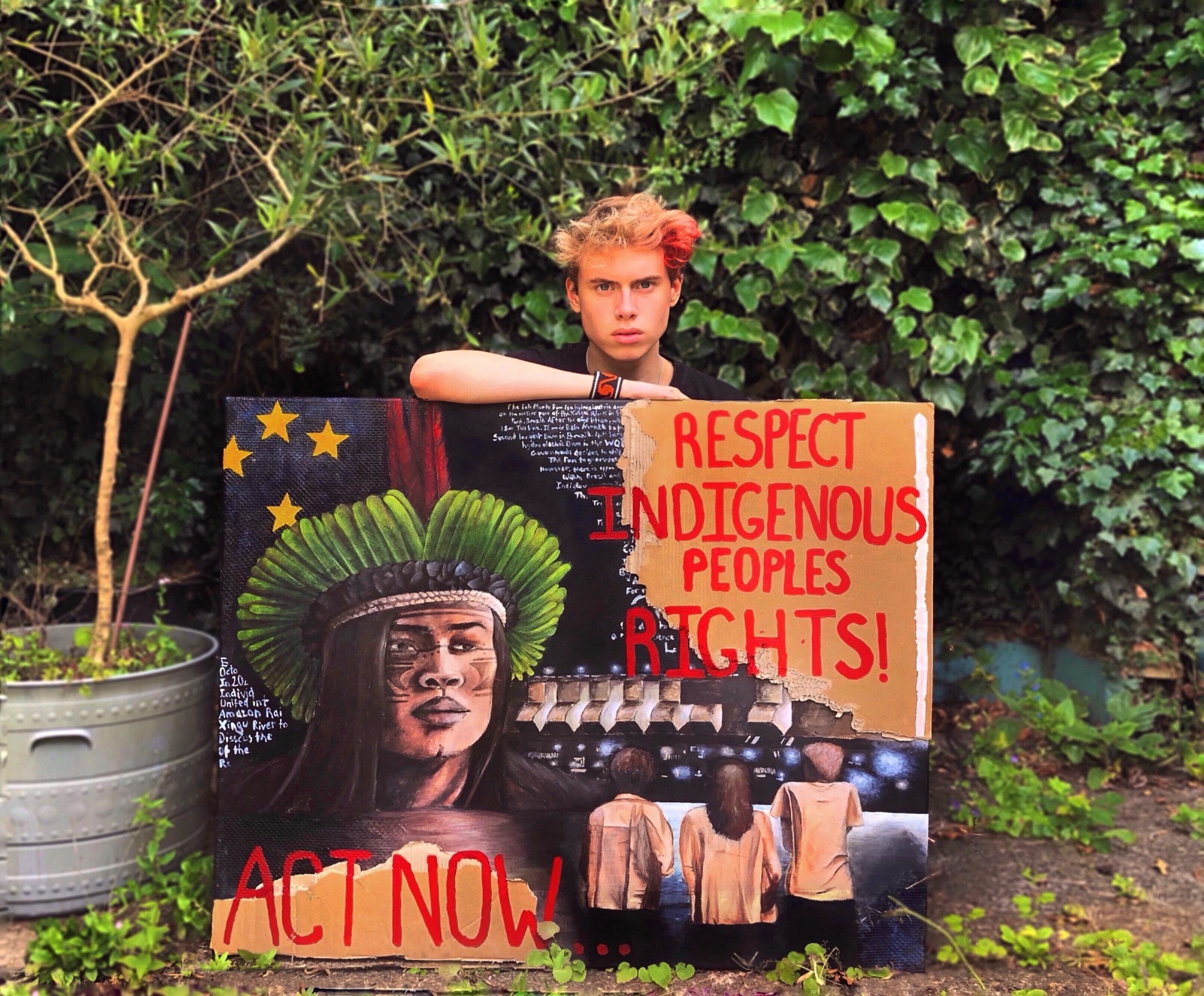
‘Connecting emotion with action is so important,’ says Elijah. ‘It’s everyone’s responsibility to make sure that the people in these countries who are isolated and feel at risk know that we are here to empathise with them and support them. And if they can’t do it openly, we’ll be there behind closed doors to do it for them.’
Staying true to this statement, Jerome and Elijah’s most recent effort saw them call on the United Nations to relocate COP27 from Egypt due to the country’s treatment of LGBTQ+ people, citing concerns that they and other activists would be targeted by security forces if they attend the summit in November.
‘We wanted to encourage them to engage in an open dialogue with us because we’re coming from a place of compassion and they should respect that we have a right to love, to exist, to be ourselves,’ says Jerome, who adds that the pair are still awaiting a response.
Though they maintain hope that the UN will cooperate (and are prepared to turn to other means of delivering the message if need be), both deem the silence so far an unspoken indication that the organisation is not as pioneering as it claims to be.
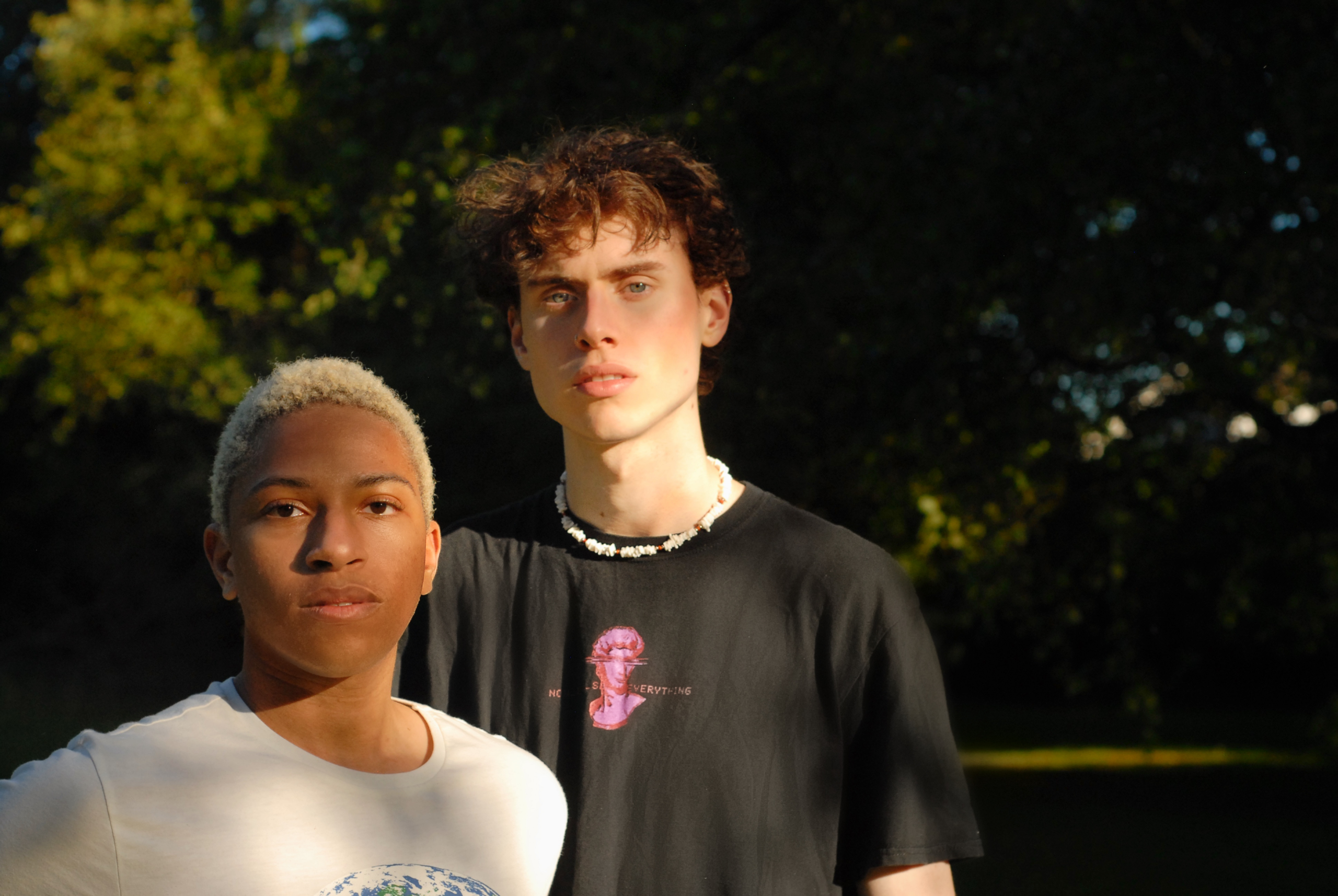
Namely because this is another blow to the LGBTQ+ community, displaced persons, and minority groups who continue to be excluded from decision rooms despite being those most disproportionately affected by the eco-emergency.
With this in mind, as well as a fear that potentially dangerous or discriminatory settings for such discussions will act as another hindrance in the bid for enhanced diversity in these arenas, Jerome and Elijah are determined to hold the governing bodies that falsely tout themselves as being accessible and inclusive accountable.
‘No one truly understands the intersectionality between the climate crisis and human rights when it’s so real, so desperately in need of being discussed on a global scale that will change how it’s viewed,’ says Elijah.
‘This topic cannot be side-lined. If it is, any social issues or stigma at play will be perpetuated and the problems we’re dealing with will persist. Simply put, the door shouldn’t even be opened if we’re going to be put in the corner.’
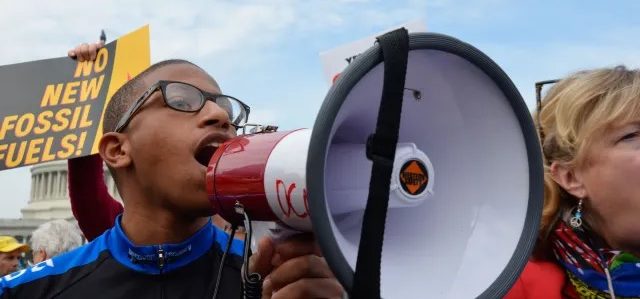
For Jerome, the key to guaranteeing that these establishments are practicing what they preach is to insist they be as transparent as possible.
As he explains, this has become challenging in the face of constant greenwashing, which poses a dilemma when it comes to separating the wheat from the chaff.
‘Our biggest hurdle at the moment is the over-marketisation of the climate movement,’ he says, referencing COP26 as an example, where the media storm surrounding it and premature outpourings of praise towards agreements that were yet to be verified as worthwhile made it laborious to fully comprehend what was actually happening.
‘A lack of clarity is how things slip through the net. Amongst all this greenwashing there is real change, but it’s getting progressively harder to identify which delays development,’ he continues.
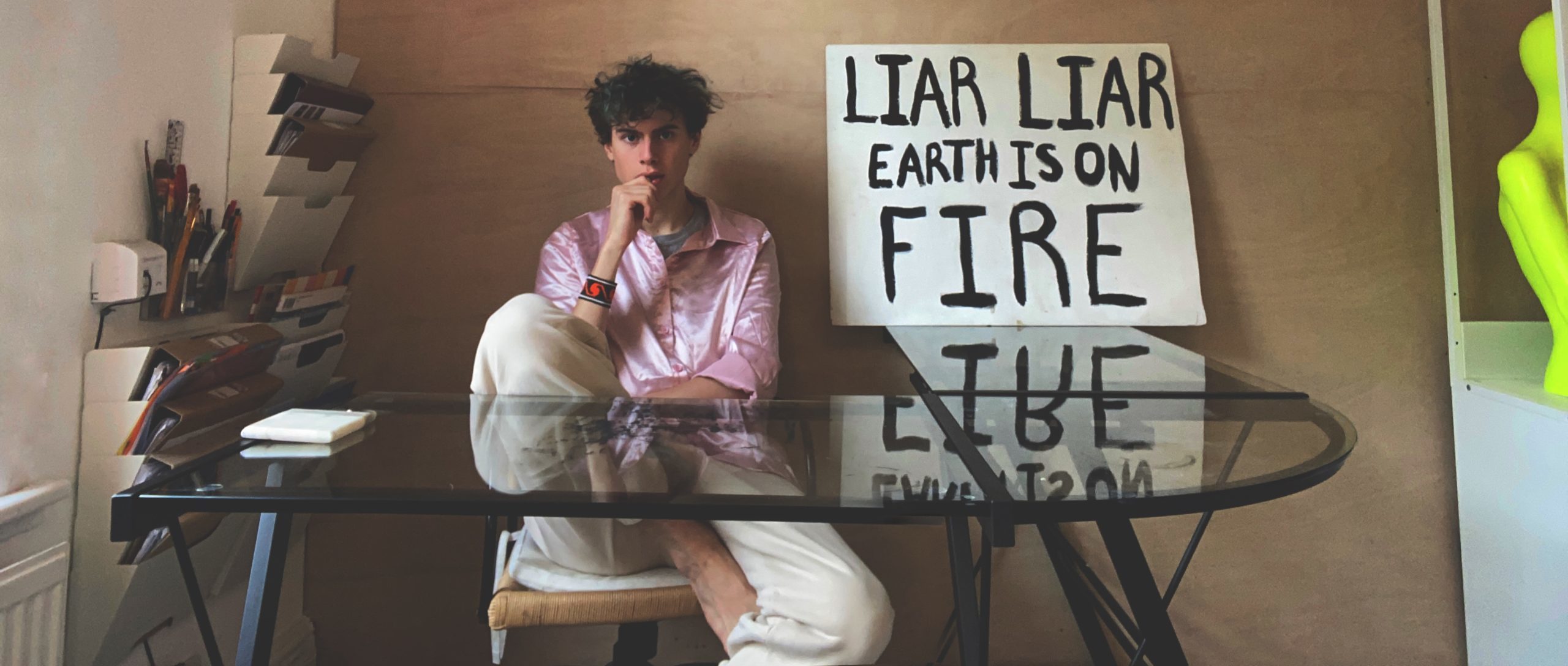
‘In order for us to have intersectionality, we must have insight. Without transparency there is no accountability, so we should be propping up the platforms that are providing clear, useful information without negative ulterior motives.’
Unfortunately, navigating greenwashing isn’t the sole obstacle that POC activists in particular are striving to overcome.
Witnessing first-hand the experiences of his partner in a role that is unpaid, Elijah tells me that an entire uprooting of all systems is necessary to prevent POC activists from feeling like they’re being taken advantage of.
‘It’s more than just a colour, it’s so integrated into society – even in the spaces which claim to be diverse,’ he says.
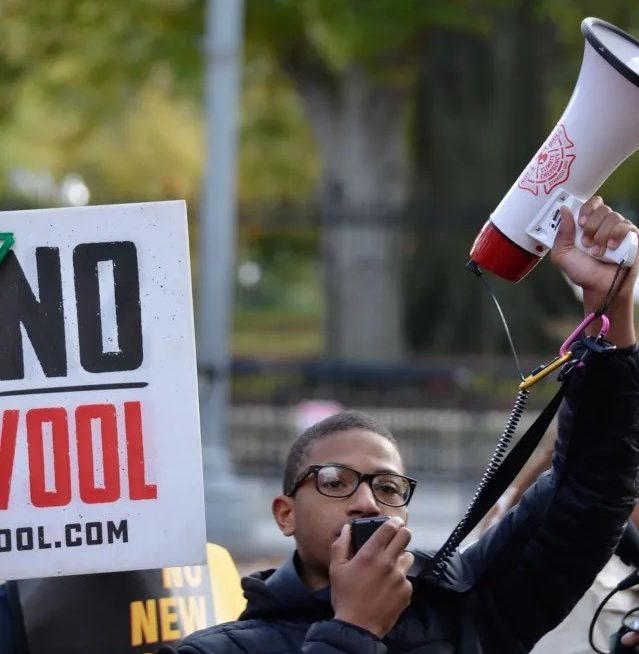









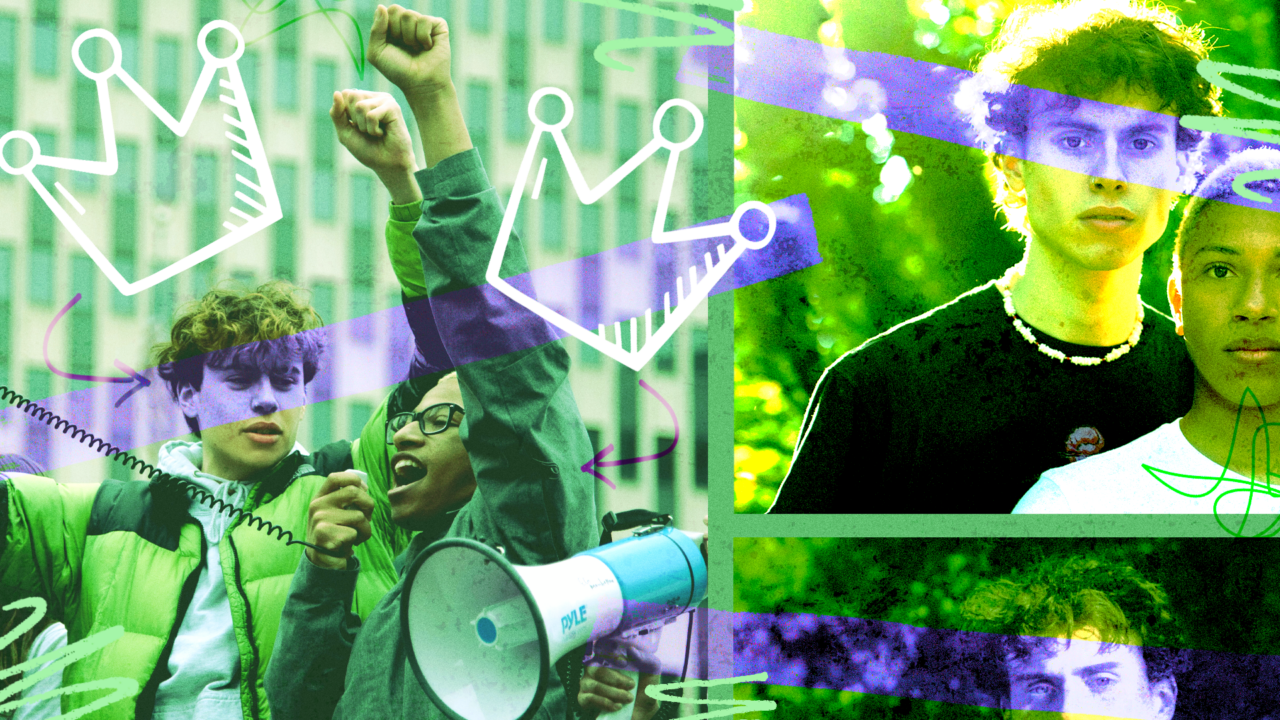

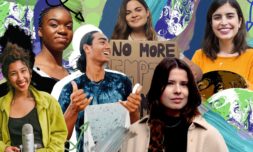

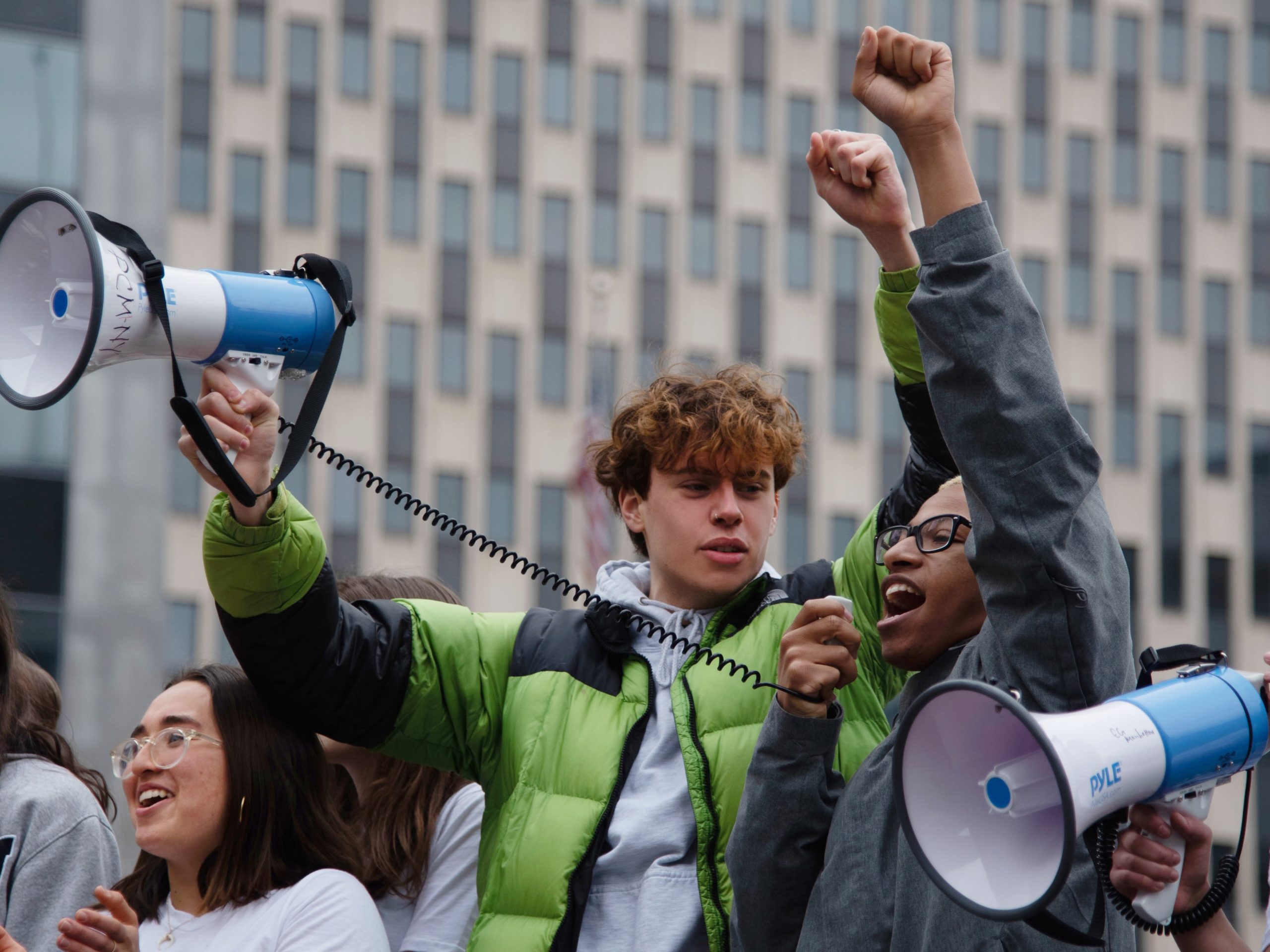
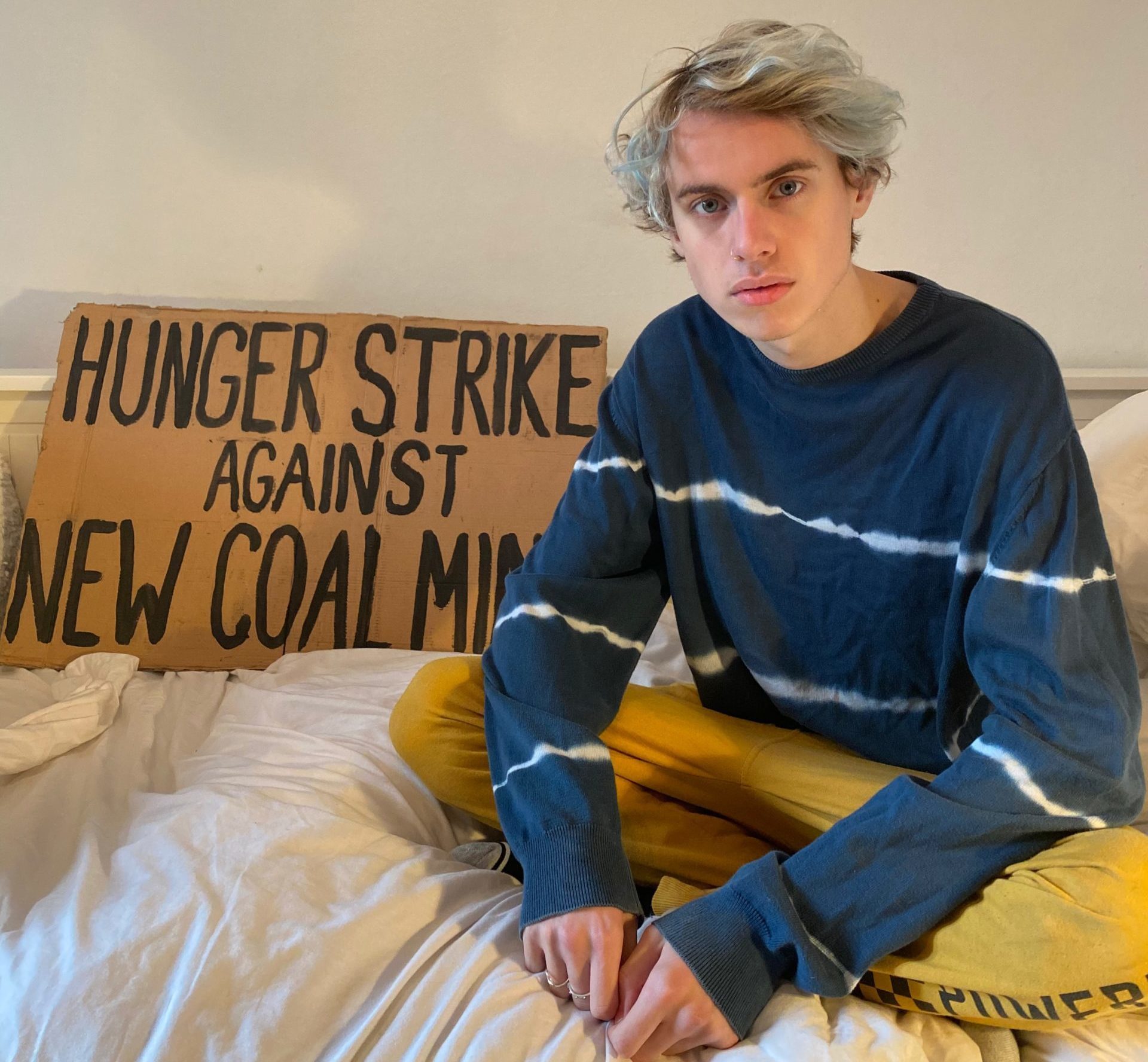
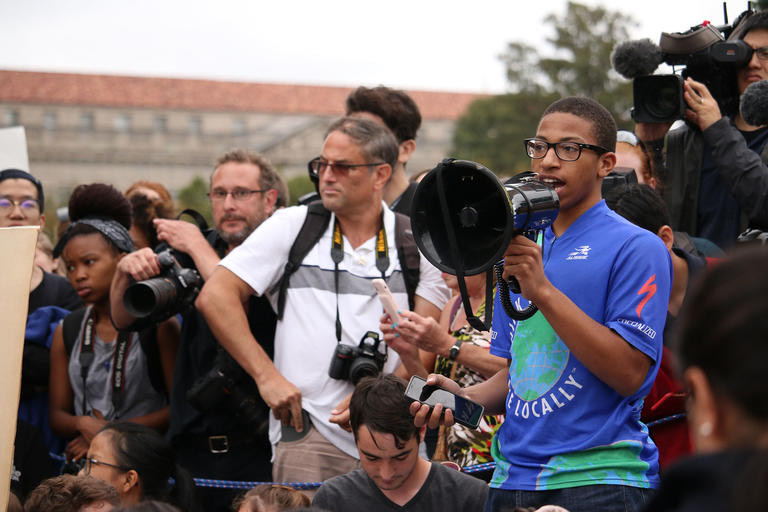
 (@elijahmckenziejackson)
(@elijahmckenziejackson)